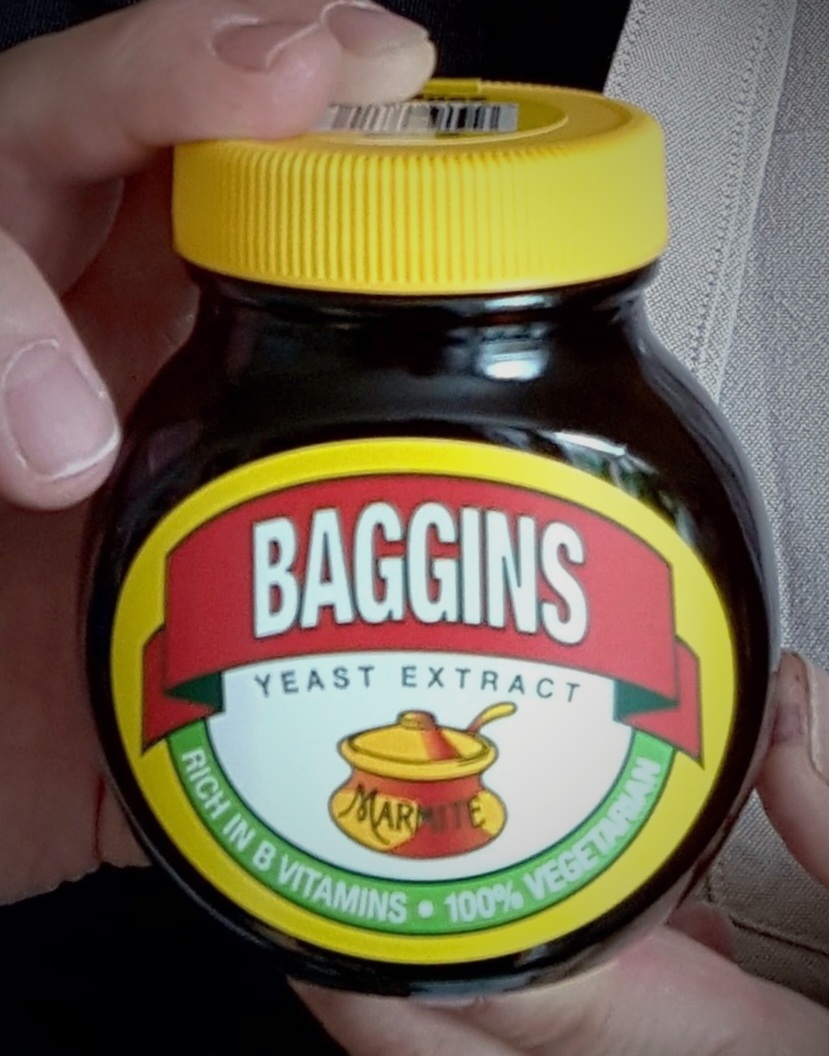Even though there are already a couple of other threads about this Schweinerei, there wasn’t a good place to insert this into the discussion, and for those unfamiliar, this video’s a good starting point.
What is it that makes Adobe so sort after? It seems that most people just use the basic tools.
Brand loyalty and also dependency of the tools due to existing projects and files. People invested into a system with huge money and efforts won’t switch easily to something new and unknown, starting from scratch.
Linus tech tips did a video about this where he had his team use other tools. Essentially he was like, it would end up costing him more or the same as it would take his team longer to do the same stuff and relearn.
It might have been a shortsighted video, but you can look it up if you want to.
Indeed. Retraining and the extra time using a new tool is a short term loss for what should be a long term gain. The transition will always suck.
Short sighted LTT video?
Checks out
Seriously though transitioning your team to a new software suite will suck at first but it’s worth it in the long run. Long term gains vs short term gains and all that.
Is Adobe suite a major cost for LTT though? It’s the cost of a few licenses, and if it means just one less video goes out per year due to the inefficiencies of learning a new software package, it would not be worth the switch. I’m assuming each video they put out brings in revenue well into the 5 figures.
If memory serves it costs them something like $10k per year 4 years ago for the Adobe suite.
Exactly, that would be chicken feed compared to the overall cash flow for LTT alone. He’s got plenty of other YouTube channels and other means of making money.
YouTube ad revenue OF LTT in 2022 was $4.6 million, and sponsors would have paid the channel more than ad revenue was bringing in.
Obviously, LTT doesn’t see the long-term benefit of retraining his team to not be attached to monthly subscription bullshit.
Short-term quarterly-profit energy.
Ah that means Adobe truly has us by the balls.
As far as InDesign alternatives go, do people know about VivaDesigner or even LaTeX for that matter?
Once upon a time print shops would only accept files in Quark Xpress format. Eventually, they came to accept InDesign documents too. They have licenses for the software and workflows and toolchains set up to integrate those files into their existing prepress and press systems.
LaTeX is purely for academic markup for postscript printing. VivaDesigner and its kind? Only niche and hobby layout and print.
That said, I only share in PDF now, so I use other software for the layout phases and don’t care that it isn’t portable to other shops.
I don’t know about VivaDesigner (never looked for an alternative anyway), but I hope people know about Scribus. LaTeX is a bit too manual for someone coming from InDesign, so it’s not a real alternative in that sense. My point was, that people have projects and files created and maintained with the Adobe software. Unless the programs are 100% compatible with the alternative, it’s hard for many to make the switch. Plus they would need to learn a new “complex” tool, and know exactly which one is the right one and is worth switching for years to come.
Just giving people an alternative is not enough to convince them.
I’ve tried to use scribus, but the interface is pretty clunky and it doesnt react well to high-dpi screens in my experience.
If you start from the assumption you’re using Quark 3.3, it’s not bad,
Or maybe Affinity Designer? I bought that a few years ago for Mac and it was really good.
In a word, no. They are focused on the Adobe name. A bit like Apple, lots of good alternatives but who wants to be seen with a ‘insert non fashionable name here’ phone. There was a time when Adobe was king, not anymore though.
Photoshop has unmatched tools to get work done 15 to 30 times faster than Gimp. This does not apply to everything of course and in some niche stuff Gimp’s even faster. However what I use Photoshop for, such as removing unwanted distractions like trash cans, trash, overhead electric cables and such Gimp is like 30 years behind. It’s not realistic that someone would spend many minutes just selecting hair outline in Gimp.
Ultimately developing these tools has cost evil Adobe many millions of dollars. 1-3 extremely talented and enthusiastic programmers cannot compete with this. Then again in the near future we will either not need Photoshop anymore, or open source projects like Gimp or a more open minded fork could use Ai generated code to develop similar automated tools.
When I was at university, the student union had a small fund for creative projects that weren’t related to your degree. Many of the people who applied for cameras also included Adobe licenses on their funding application, because many of them were new to film or photography so they defaulted to what is “industry standard”, because that’s what the majority of online tutorials are available for.
Adobe and Microsoft Office will continue to fleece their customers. The customers will cry but they won’t do a single thing. Expect this to continue for the next 20 years.
We’ll probably all be converted into Soylent green 20 years from now.
And then?
All artwork will be deligated to AI. Photoshop discontinued. New “CS Suite With AI Agents” released. Works only with voice prompt and eye gaze.
Big Schweinerei.
It’s not a word I often trot out; usually, “clusterfuck” suffices. The level of malice here instead of incompetence is enough to make Hanlon grow a beard, so here we have 'ne echte Schweinerei.
People who still use old versions of Adobe are still doing them a favour: you’re still in their cage. Your mind still only knows how to use their software. Learn something else and free yourself.













